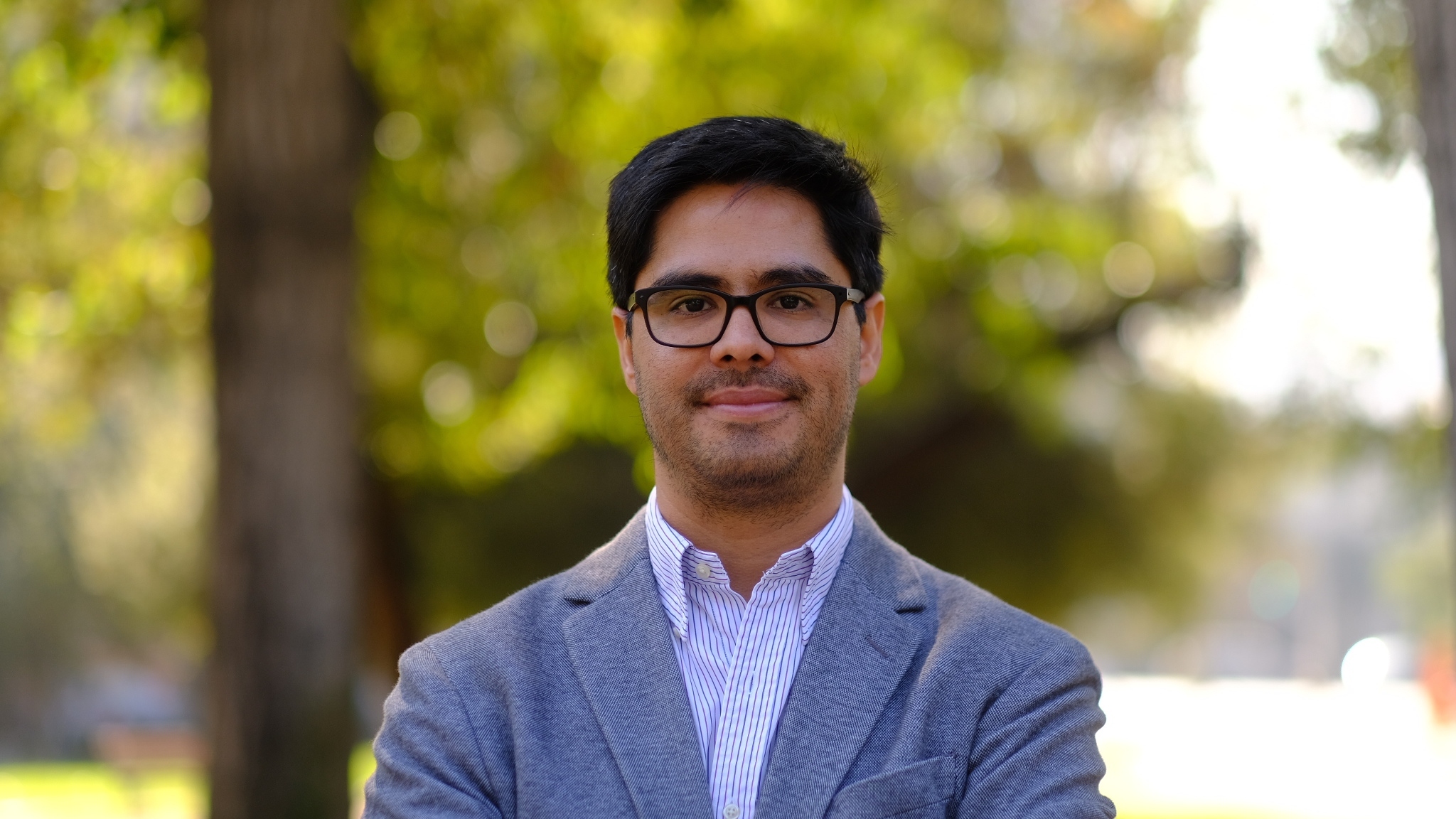The researcher of the Centre for Economy and Social Policies, Rodrigo Pérez, will present this Tuesday, August 27 at the 59va European Regional Science Association Conference, entitled “Cities, regions and digital transformations: Opportunities, risks and challenges”, in Lyon, Francia.
Cities provide the physical environment for a growing number of citizens in the world. They are also becoming the places that host a variety of economic, political and cultural activities that are expressed in the digital world.Economic globalization has allowed the deepening of the international division of labor and the investment of international capital, promoting greater interdependence between developed and developing countries. Seeking to enhance a multidisciplinary perspective, this congress will be focused on works of spatial, regional and urban economics, and regional themes such as local governments and institutions.
In this context, the presentation Rodrigo Pérez, entitled "A tale of two cities. Regional development, educational attainment, and interregional migration in Chile" , is framed in the special session "S41-S1 Drivers of interregional migration: new insights on the role of local labour markets, human capital, personality and (family) networks".
About the presentation
Generally when studying migration, there is a tendency to describe the characteristics of potential migrants that affect their chances of making such a decision, or the analysis of specific attributes that attract or repel migrants.In the analysis of the role of characteristics of the places of origin and destination that affect the decisions to migrate, the literature has focused on differences in levels of employment, poverty and income, among other factors. There are migrants who, however, respond in different ways to these incentives: this is especially true for "backward" sub-regions in larger areas. This presentation seeks to describe how different states of development in the region of origin of migrants determine their decisions. Preliminary results indicate that individuals are more likely to migrate when their region of origin has a very low or very high level of development. Second, the level of economic development of the migrant's place of origin greatly affects the decision to migrate, controlling individual attributes and the region of destination. In particular, the early stages of economic development are associated with the migration of highly skilled workers; The opposite scenario occurs in more developed contexts. The empirical results present the case of internal migration in Chile.


